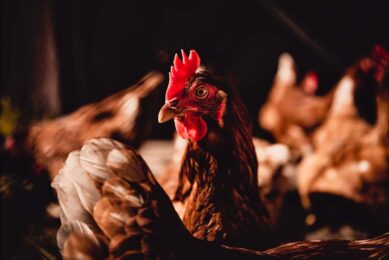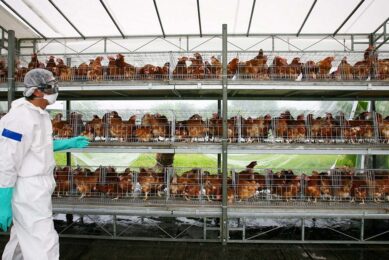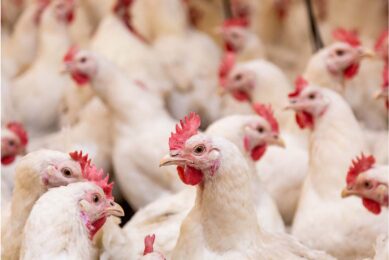Influenza virus data for anyone with Internet access
Scientists at the Centres for Disease Control and Prevention (CDC) have released genetic blueprints for over 650 genes of influenza viruses into a database accessible to researchers worldwide.
The action marks the beginning of a collaboration between the CDC and the Association of Public Health Laboratories (APHL) that will allow for greater access to data on a variety of influenza virus samples obtained from patients in the US, including avian influenza H5N1 if it should arrive.
Through the new collaboration, CDC expects to provide genetic information for several hundred influenza viruses per year as a way to encourage more research on influenza.
The sequence data will be available in nearly real time through Genbank, a public-access library for virus sequences managed by the National Institutes of Health, and through an influenza database housed at Los Alamos National Laboratories (LANL).
The information added will include viruses from the annual flu season in the US, any animal influenza viruses that infect humans and any novel strains that may emerge such as avian influenza H5N1. The new agreement will only apply to viruses isolated in the US.
“CDC has long supported the timely and open sharing of influenza virus information to foster new research on influenza,” said Dr Nancy Cox, director of the CDC’s Influenza Division. “With more information, the world’s influenza experts can advance our understanding of the viruses circulating, potentially create new prevention strategies and treatments, and ultimately help us better protect the health of people around the world.”
Previously, the influenza sequences were available to a small number of influenza researchers who work together with WHO to recommend which influenza viruses should be included in influenza vaccines around the world. The sequence data will now be available through GenBank to anyone with Internet access.
Join 31,000+ subscribers
Subscribe to our newsletter to stay updated about all the need-to-know content in the poultry sector, three times a week. Beheer
Beheer








 WP Admin
WP Admin  Bewerk bericht
Bewerk bericht